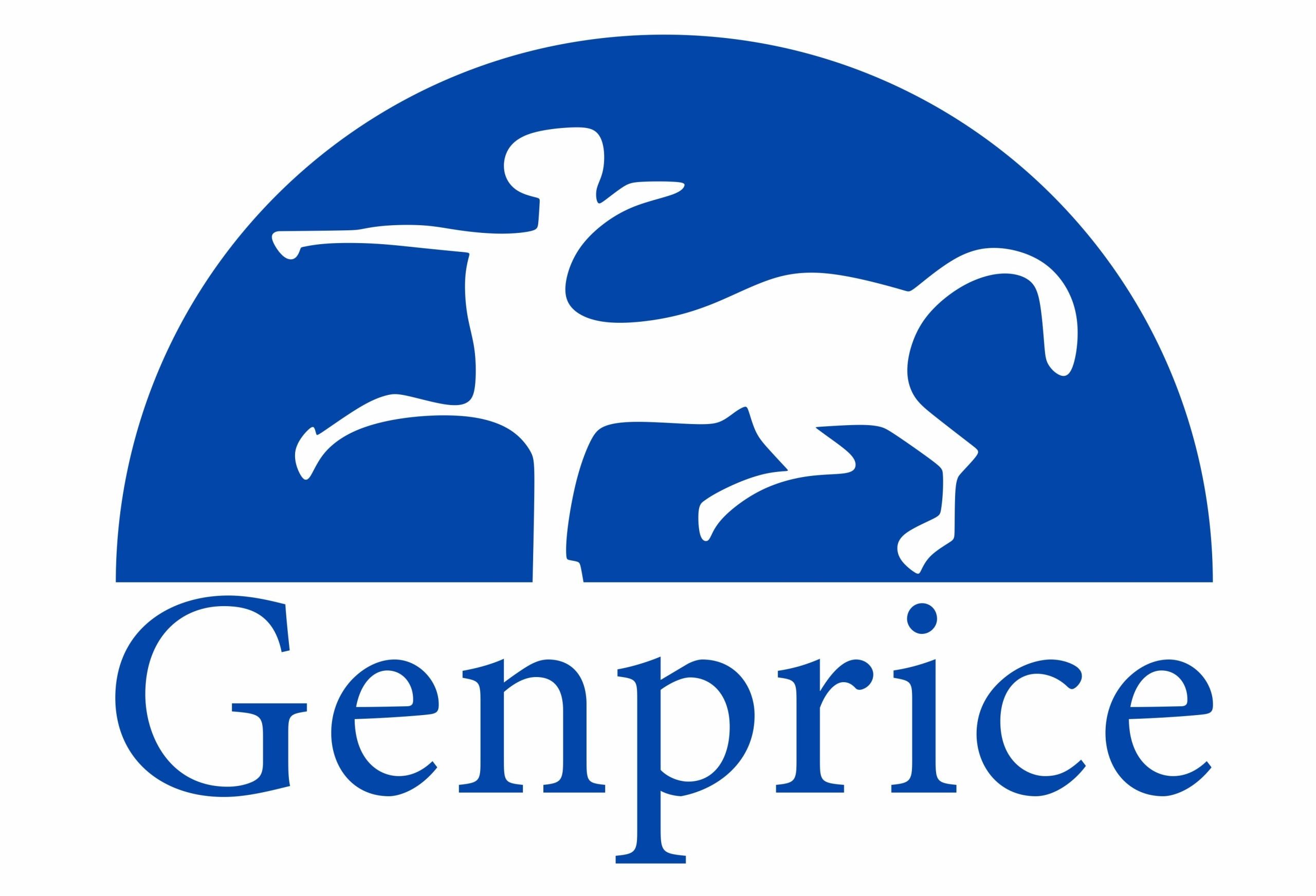Loading cart contents...

Pan Acetyl-Lysine Mouse mAb
Seller Gentaur · Catalog number: A1525
(0) Reviews
Availability:
Available
Price
451.41 USD*
Size
100μL
* Net price, excluding transport costs. Contact us to receive the current offer within 24 hours.

Ask for price
Availability: Out of stock
Cat: MBS9433547-5x01mL
Ask for more info: [email protected]

Ask for price
Availability: Out of stock
Cat: MBS8572541-01mLAF635
Ask for more info: [email protected]
- Specifications: Other Modified Antibodies
- Storage and shipping: Store at -20℃. Avoid freeze / thaw cycles.|Buffer: PBS with 0.02% sodium azide,50% glycerol,pH7.3.
- Additional information: Acetylation of lysine, like phosphorylation of serine, threonine or tyrosine, is an important reversible modification controlling protein activity. The conserved amino-terminal domains of the four core histones (H2A, H2B, H3, and H4) contain lysines that are acetylated by histone acetyltransferases (HATs) and deacetylated by histone deacetylases (HDACs) (PMID: 9667866). Signaling resulting in acetylation/deacetylation of histones, transcription factors, and other proteins affects a diverse array of cellular processes including chromatin structure and gene activity, cell growth, differentiation, and apoptosis (PMID: 14593721). Recent proteomic surveys suggest that acetylation of lysine residues may be a widespread and important form of post-translational protein modification that affects thousands of proteins involved in control of cell cycle and metabolism, longevity, actin polymerization, and nuclear transport (PMID: 19608861). The regulation of protein acetylation status is impaired in cancer and polyglutamine diseases (PMID: 11864588), and HDACs have become promising targets for anti-cancer drugs currently in development (PMID: 15032670).
